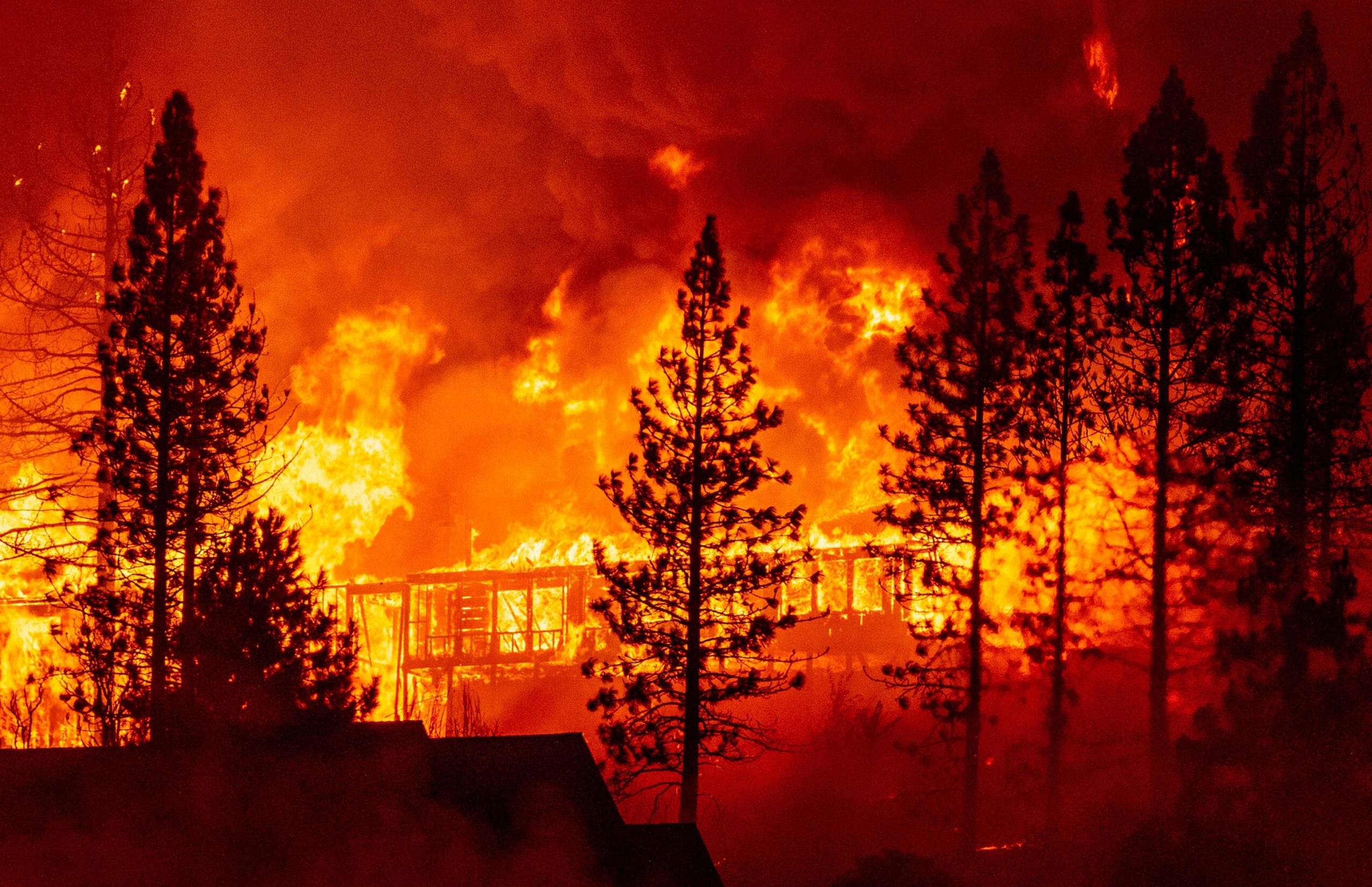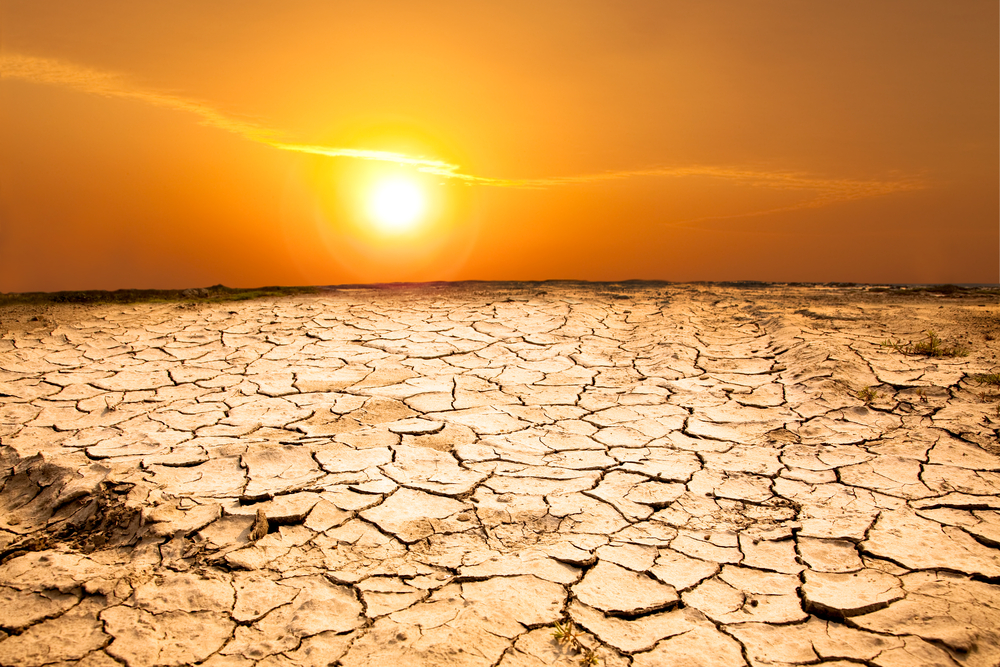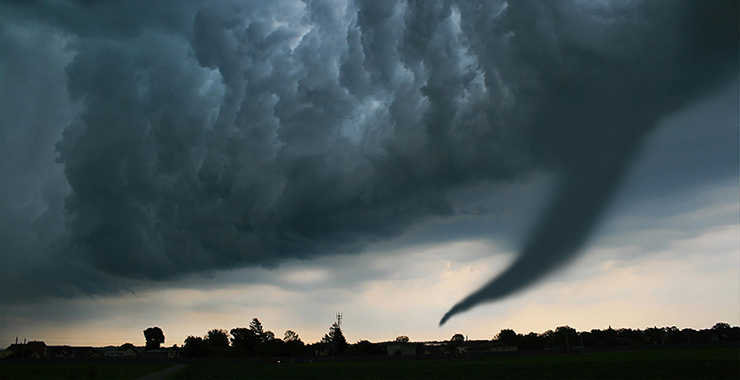The UN-appointed Intergovernmental Panel on Climate Change (IPCC) has published a report that summarises the latest authoritative scientific information on global warming. And if we go by it, humanity is likely to face extreme events in near future due to climate change. In the report, emissions and human activities have been termed as ‘Key drivers’ for causing a change in the climate.
About IPCC
The panel consists of independent experts from different governments and organizations. It puts forward the best possible scientific consensus on climate change. The researchers provide regular reports on global warming and climate change.
Let’s have a look at important takeaways from the report:
Humans are Blamed
The report, which is a successor to the 2013 assessment, has said that all the warming that has occurred since pre-industrial times was due to the release of heat-trapping gases such as carbon dioxide and methane. And most of these gases have come from burning fossil fuels- coal, oil, wood, and natural gas by humans.

The Sixth Assessment Report (AR6) ‘Climate Change 2021: The Physical Science Basis’ said every region in the world is witnessing irreversible changes in climate due to human influence.
The authors of the report are of the view that global temperatures have already risen by 1.1 degrees Celsius (2 degrees Fahrenheit) since the 19th century and will reach their highest in over 100,000 years and that only a fraction of this increase has natural forces as its source.
Paris Goal not fulfilled
Almost all countries signed up to the 2015 Paris climate accord, which targets limiting global warming to an increase of 2 degrees Celsius (3.6 Fahrenheit) above the pre-industrial average by the year 2100. As per the agreement, ideally, the increase would be no more than 1.5 degrees Celsius (2.7 degrees Fahrenheit). But the IPCC report which has been presented by 200 authors looked at five scenarios and concluded that all will see the world cross the 1.5-degree threshold by the 2030s or even sooner than the previous predictions. Three of these scenarios will also see temperatures rise 2 degrees Celsius.
Dire consequences
The report paints a grim picture. It has been concluded that ice melt and sea-level rise are already speeding up. Wild weather events such as storms, heatwaves, wildfires, etc. are also expected to worsen and become more frequent.

Further warming is “locked-in” due to the greenhouse gases humans have already emitted into the atmosphere. That means even if emissions are slowed down or cut drastically, some changes will be “irreversible” for centuries.
Some positive catches
The 3000-plus pages report has predicted that catastrophic ice sheet collapses and the abrupt slowdown of ocean currents are likely to be low but they cannot be ruled out.
What needs to be done?
Although warming is expected to cross the 1.5-degree-Celsius target in the next decade, the report has suggested that temperatures could be brought back down to this level through “negative emissions.” This means that if more carbon dioxide is removed from the atmosphere than added, it can effectively cool down the planet again.


